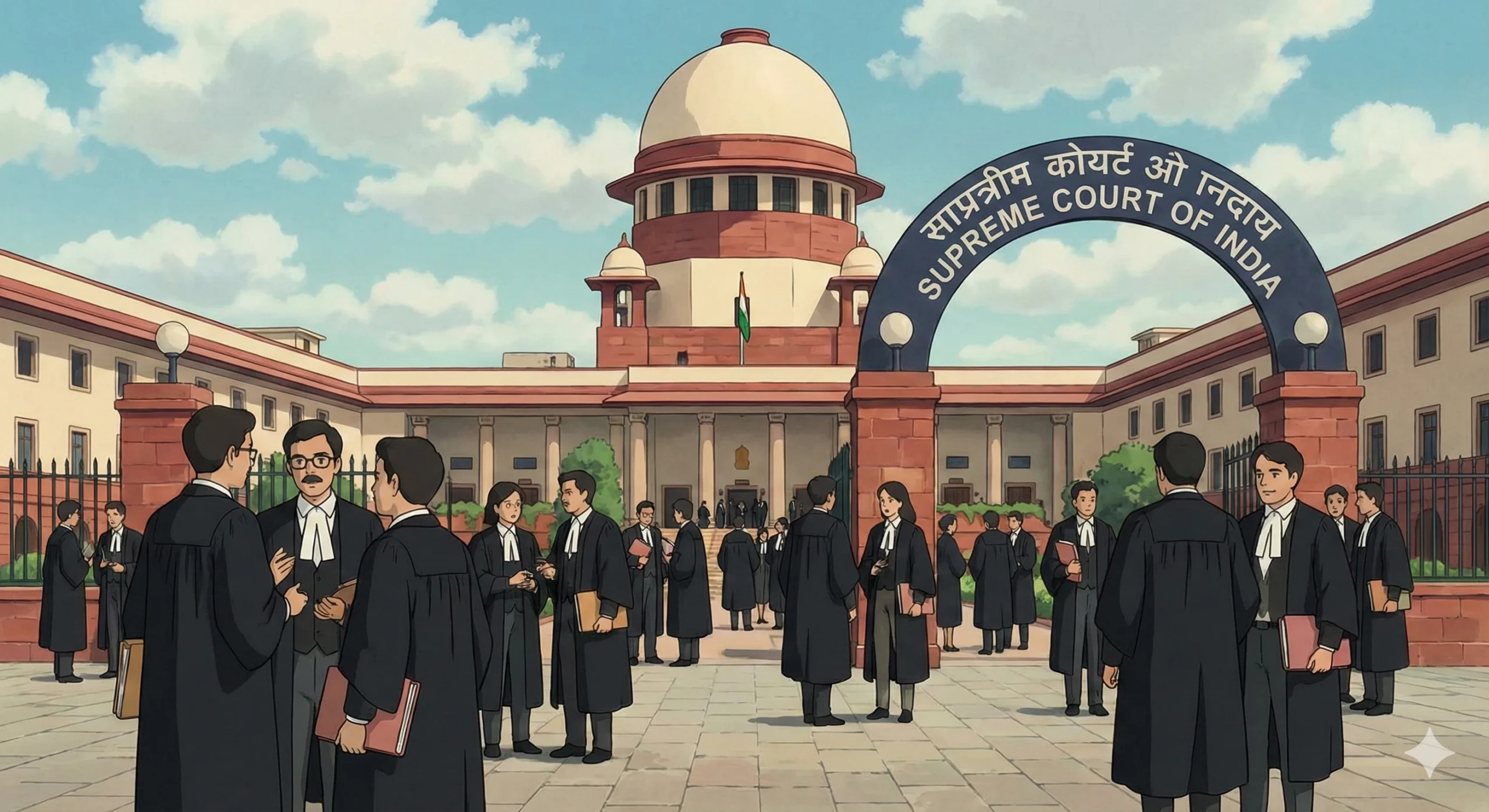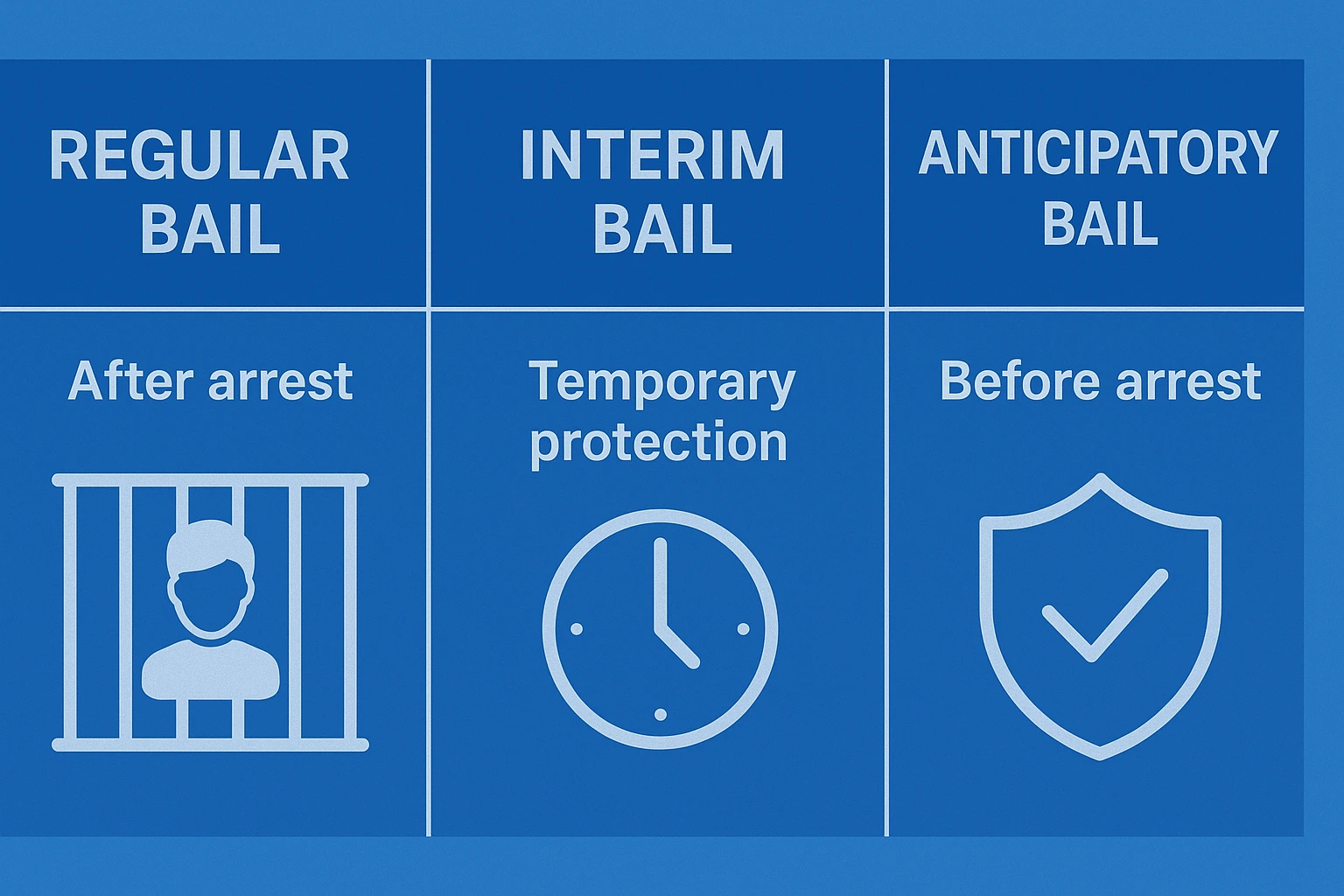
Transfer in Government Service: When Is a Transfer Illegal or Mala Fide?
1. Transfer as an Incident of Service
As a starting point, it is important to understand that for most government jobs and public-service posts, transfer is an incident of service. This means:
- No employee can claim a right to remain permanently posted at one station or office.
- The employer or government has the power to shift an employee from one place to another in public interest or administrative interest.
- Courts generally will not interfere with such transfers unless there is clear illegality, mala fide or violation of statutory rules.
So, merely being unhappy with the new posting, having family difficulties, or preferring a particular city or department is usually not a sustainable legal ground to challenge a transfer.
If you are interested in broader questions of power, democracy and governance, you may also like my article on why decentralisation of power is necessary in a democracy.
2. When Does a Transfer Become Illegal?
A transfer becomes vulnerable to legal challenge when it violates statutory or service rules, goes against the employer’s own transfer policy, or is passed without any genuine administrative reason. Some common situations include:
2.1 Violation of Statutory / Service Rules or Transfer Policy
Most departments or services operate under certain service rules and sometimes a written transfer policy. A transfer may be illegal if:
- The authority issuing the transfer order has no jurisdiction or competence to do so.
- The order violates mandatory provisions of service rules (for example, minimum tenure requirements or protected categories such as medical grounds, disability or nearing retirement, where policy grants some relaxation).
- The department ignores its own transfer policy in a way that is arbitrary or discriminatory.
In such cases, the challenge is based not on inconvenience, but on the argument that the authority has acted contrary to law or contrary to its own binding policy.
2.2 Absence of Genuine Administrative Reason / Arbitrariness
Even where rules are formally followed, a transfer can still be attacked as arbitrary if there is no real administrative reason or public interest behind it. For example:
- Frequent transfers within a short span without explanation.
- Transfer to a post where there is no actual vacancy or no real work.
- Transfer mid-session (for teachers) or mid-project (for technical staff) without any pressing need.
If a court finds that the stated reasons are only a pretext and there is no reasonable administrative basis, the transfer may be quashed as arbitrary and violative of Articles 14 and 16 of the Constitution (equality and non-arbitrariness in State action).
3. What Is a Mala Fide Transfer?
Mala fide literally means “in bad faith”. A mala fide transfer is one where the real purpose is not public interest, but something improper, such as:
- To punish an employee without holding a proper departmental enquiry.
- To victimise a whistle-blower or a person who has complained against seniors.
- To settle personal scores or act out of political, caste, religious or personal bias.
- To push the employee into an inconvenient, remote or humiliating posting simply to harass them.
Courts are cautious while dealing with allegations of mala fide, because motives are often difficult to prove. However, if there is solid material on record—such as a series of hostile actions, timing of the transfer immediately after a complaint, or clear evidence of bias—courts can and do strike down such transfers.
In many cases, a mala fide transfer is challenged together with other grounds, such as violation of rules or use of transfer as a disguised punishment.
4. Transfer as a Disguised or Stigmatic Punishment
Transfer is supposed to be an administrative tool, not a penalty. When an employer wants to impose a penalty, it must follow proper disciplinary procedure under the relevant service rules: issuing a charge-sheet, conducting an enquiry, giving opportunity of hearing, etc.
A transfer may become illegal if:
- It is passed immediately after some alleged misconduct, but no charge-sheet or enquiry is initiated.
- The transfer order contains adverse or stigmatic remarks that affect the employee’s reputation and future career.
- The employee is moved from a responsible post to an insignificant or humiliating post clearly as a way to punish them.
Courts have repeatedly held that you cannot do indirectly, by transfer, what the law requires you to do directly through disciplinary proceedings. If a transfer is being used as a shortcut or substitute for punishment, it may be declared invalid.
If you are facing a suspension instead of transfer, you can read my detailed guide on how to challenge suspension orders under PCS Rules and PCS (Punishment & Appeal) Rules, which explains the procedure step by step.
5. Judicial Approach: When Will Courts Interfere in Transfer Orders?
Service courts, High Courts and the Supreme Court have laid down a consistent approach in transfer matters:
- Courts do not act as appellate authorities over transfer decisions.
- They will not substitute their view of who should be posted where, so long as the decision is within the four corners of law.
- Interference is restricted to cases where the transfer is:
- (a) in violation of statutory/service rules or binding policy,
- (b) vitiated by mala fide or colourable exercise of power, or
- (c) so arbitrary and unreasonable that it violates constitutional guarantees.
This means that in a writ petition against transfer, the employee has to make out a clear legal case; mere sympathy or hardship is not enough.
6. Practical Checklist Before Challenging a Transfer
Before rushing to court, it is sensible to sit down with the transfer order and ask yourself a few hard questions. Use this practical checklist:
6.1 Check the Legal Framework
- What service rules apply to your post or cadre (Central/State Rules, PCS Rules, local service rules, etc.)?
- Is there a written transfer policy or circular in your department?
- Does the order cite any rule or provision? Is the authority issuing the order competent under those rules?
6.2 Look for Red Flags of Illegality
- Have you been transferred before completing the normal tenure at the station without any recorded reason?
- Are you being moved again and again within short intervals (say, multiple transfers within a year or two)?
- Are people junior to you, or similarly situated, being allowed to continue while you alone are singled out?
- Is there any public-interest explanation recorded in the file or order?
6.3 Consider Evidence of Mala Fide
- Did you recently file a complaint against a superior, expose corruption, or refuse an illegal order?
- Were you active in a union, association or public-interest work that may have annoyed someone in power?
- Did the transfer order follow closely (or immediately) after such events?
- Is there a pattern of hostility or targeted actions against you?
These facts, if properly documented, can support a plea of mala fide or colourable exercise of power.
6.4 Assess the Level of Prejudice
Courts are more likely to intervene if the transfer causes serious prejudice, such as:
- Adverse impact on career prospects, seniority or chances of promotion.
- Posting to a non-existent post or one with no real work, effectively sidelining you.
- Transfer that makes it practically impossible for you to perform duties (for example, transfer to a far-off station without any basic facilities, without justification).
On the other hand, if your career prospects remain intact and the grievance is mainly about personal inconvenience, chances of success are lower.
7. Remedies: What You Can Do Against an Illegal or Mala Fide Transfer
Depending on your department and rules, typical legal steps may include:
- Make a detailed representation to the competent authority, pointing out rule violations, factual mistakes and hardship.
- Approach the higher administrative authority or review/appeal authority, if the rules provide for departmental appeal against transfer.
- If internal remedies fail or the matter is urgent, file a writ petition before the appropriate High Court seeking quashing of the transfer order, stay of operation, and consequential relief.
While preparing your representation or petition, it is helpful to clearly separate:
- Legal grounds (violation of rules, mala fide, arbitrariness), and
- Equitable grounds (family hardship, medical issues, children’s education, etc.).
Courts first look for legal grounds; equitable hardship alone rarely succeeds unless backed by law.
For a deeper understanding of how courts view criminal process and fairness, you can also read my article Process Is The Punishment, which discusses how process itself can become a form of harassment.
8. Key Takeaways for Public Servants
- Transfer is generally a management prerogative and an incident of service.
- Courts interfere only in limited situations: clear illegality, violation of rules, mala fide, or serious arbitrariness.
- Document everything: the order, background events, any complaints or correspondence, and how the transfer is affecting you.
- Use internal remedies first where possible, and approach court with a focused, well-drafted case if necessary.
Understanding these principles helps you differentiate between a routine transfer that must be accepted, and an illegal or mala fide transfer that you are entitled to challenge under service law.



Comments (0)